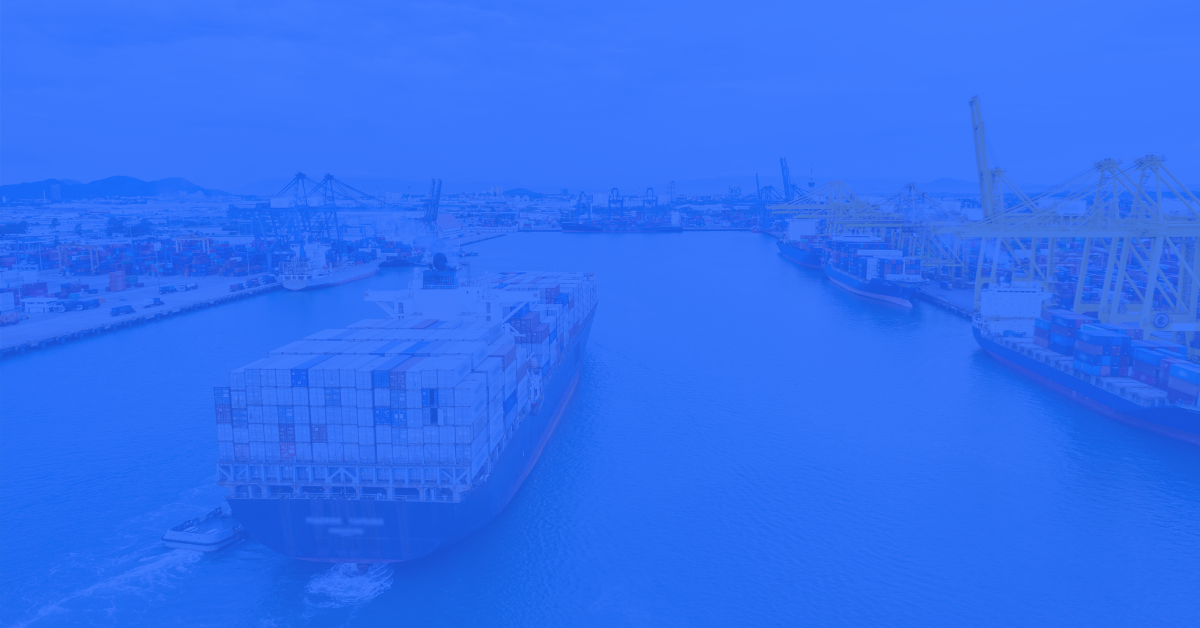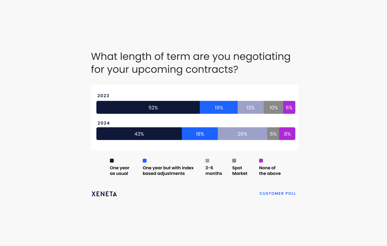Terminal Handling Charge, as the name suggests, is a charge levied by a port terminal for the handling of cargo at a specific terminal within a specific port in a specific country.
Although seemingly innocuous, THC is a critical component in an ocean freight shipment and must be treated with care and respect as it has the potential to make or break a deal.
To understand what exactly is the Terminal Handling Charge, one needs to go deeper into each part.
Table Of Contents
What Is Terminal Handling? A Brief History
Why Is Terminal Handling Charge (THC) Important?
Freight Rates And THC Methodology
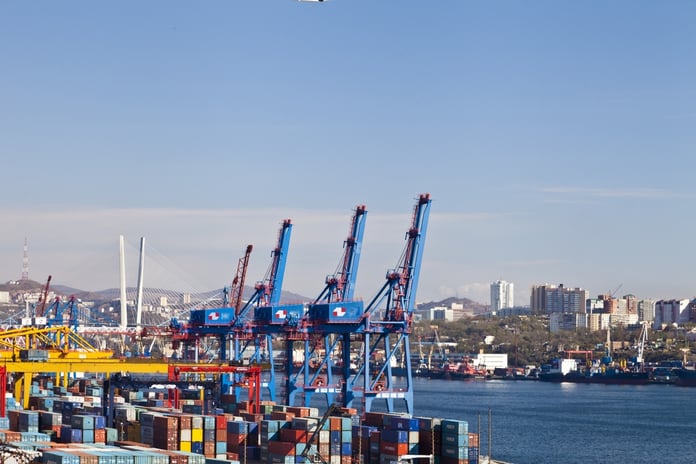
What Is Terminal Handling? A Brief History
Stevedoring or the business of loading and unloading of cargoes from a commercial ship is one of the key businesses in the shipping industry.
In the olden days of trading, the owner of the ship paid the stevedores for the loading and unloading operations. As trading evolved and globalization set in, shipping also evolved and so did stevedoring.
It evolved from a manual, labor intensive work to one handled by people but assisted more by machines. As stevedoring and global commerce developed, so did the methodology of charging for these services. The fees charged by the stevedores initially to the owner of the ship and subsequently to the owner of the cargo (or both) eventually evolved into Port Handling Charges.
As containerization became popular and shaped the modern world, the various ports (mainly controlled by the State) around the world took on the task of employing either their own personnel or 3rd party operators to provide the service of stevedoring.
The ports also took on the task of invoicing the port users for these charges and this charge is currently called the Terminal Handling Charge.
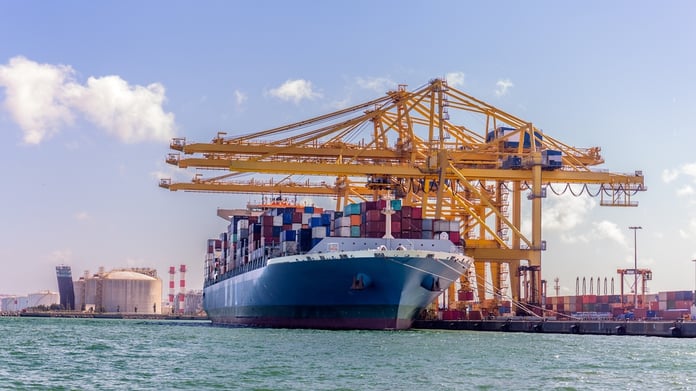
Why Is Terminal Handling Charge (THC) Important?
Well, for starters, in any shipping transaction there are several costs and several parties paying these costs.
It is important to know who pays what charges for a shipment and who pays freight charges for a shipment. The hero of this article, the THC, is a completely localized charge and is set by the port/terminal at the various locations. THC is not a constant charge across the many ports on a shipping route even with the same shipping line.
For example, on the Asia/Europe route if the service calls Shanghai, Singapore, Port Kelang, Hamburg, Rotterdam, the THCs might be different at each of these ports. Even within the same port, THCs can be different at different terminals within the port. THC can be quite an expensive charge, and the apportioning of this could make or break a deal.
For example, if you take a shipment from Rotterdam to New York for the last week of September 2017, the strictly port-to-port ocean freight cost (excluding any local charges at both ends) works out to a market average rate of USD765/20’.
The current average THC charged for exports out of Rotterdam port is approximately USD235/20’, which works out to around 30% of the port to port ocean freight mentioned above. The THCs are generally valid for a year and some lines have volume-based THCs at the various ports/terminals around the world. USD235 per 20’ container is a substantial cost which, if missed out at the quotation, negotiation or invoicing state, can cause a significant loss for either the buyer or the seller.
Therefore, it is imperative that you have a good understanding of the freight quotation before you start with a shipment.
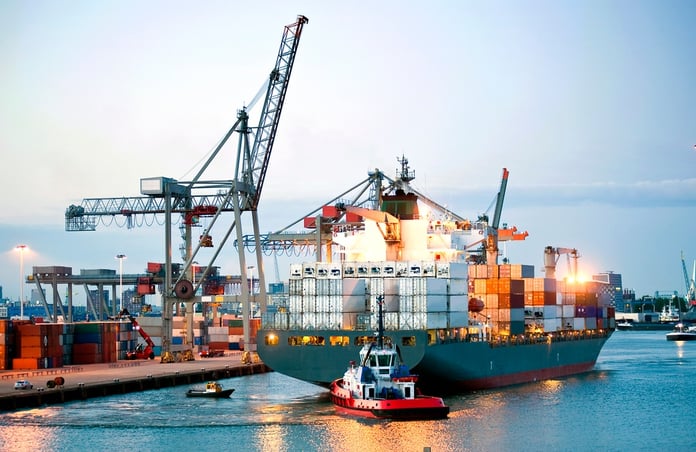
Types Of THC
In every shipment, irrespective of who pays it, THCs are present at Origin, Destination and at Transhipment port. Origin THC (OTHC) and Destination THC (DTHC) are paid by the client (seller or buyer) depending on their terms of sale, either directly to the port or to the carrier depending on the port of origin/destination.
Therefore, it is very important that you understand whether this charge is included in your freight quote or not.
Transshipment THC (let’s say at Point B) is always paid by the carrier that arranges the shipment from Point A to Point C via Point B as their ocean freight rate includes this cost. Different container types also attract different THC quantum because of the handling methods involved.
For example, special equipment and special cargoes like Hazardous, Reefers, and Out of Gauge (OOG) will attract different THC quantum. This is because the port costs for handling these container types are different to that of normal dry containers.
OOG cargo may require the use of slings and extension spreaders due to the over dimensional nature of the cargo. Hazardous cargoes require a special area within the CY for the safe storage and monitoring, and hence those costs may also be factored into the THC. Reefer cargo handling at port requires the containers to be plugged into an electricity source and also needs to be monitored. These costs may be factored into the THC.
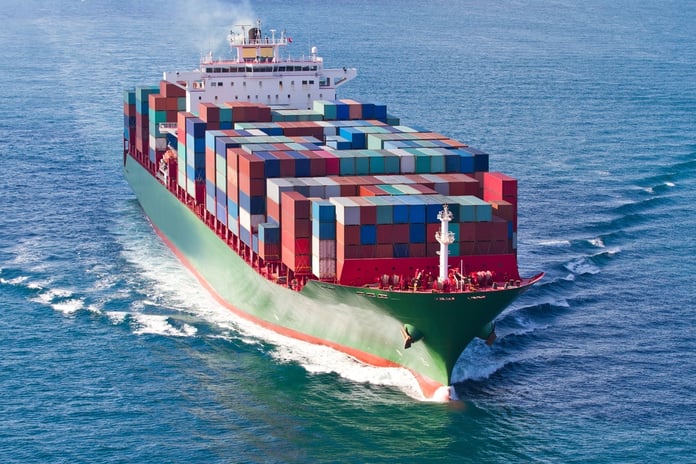
Freight Rates And THC Methodology
The sea freight rates aggregated in our system is shown as the total ocean freight cost (port – port), including Bunker Adjustment Factor (BAF), Currency Adjustment Factor (CAF), Canal surcharges and all other relevant surcharges.
Based on our freight rate aggregation, the total container cost may be built up according to the below surcharge structure.
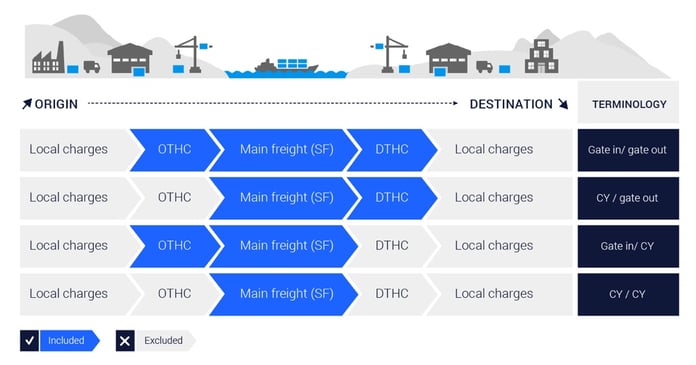
THCs may be included or excluded in above calculation based on our THC methodology given below.

It is important to understand how the carrier charges the THC as depending on the route of shipping; the carriers may choose to include or exclude the THC in the freight.
In certain countries in West Africa, the THC maybe for example shown as a “Liner Out Charge”.
Conclusion
If you are a freight forwarder, you have the onerous task of ensuring that the carrier quotes you the correct charges and that you invoice client the right charges. Ocean freight audits are an important part of ensuring that you are being charged the right amount by the carriers.
As seen above, the humble yet crucial THC surcharge is one of the key charges that could impact heavily on the overall bottom line of a shipment transaction.
Want to learn more?
Watch our latest State of the Market webinar to review short- and long-term market changes to understand larger trends and pull actionable insight.
.png)
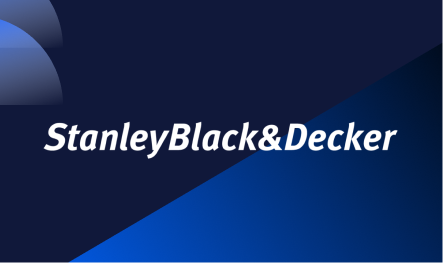
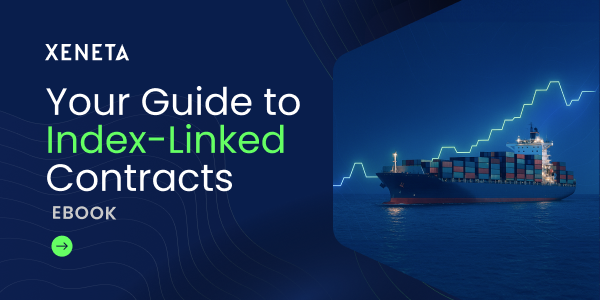

-1.jpg)
